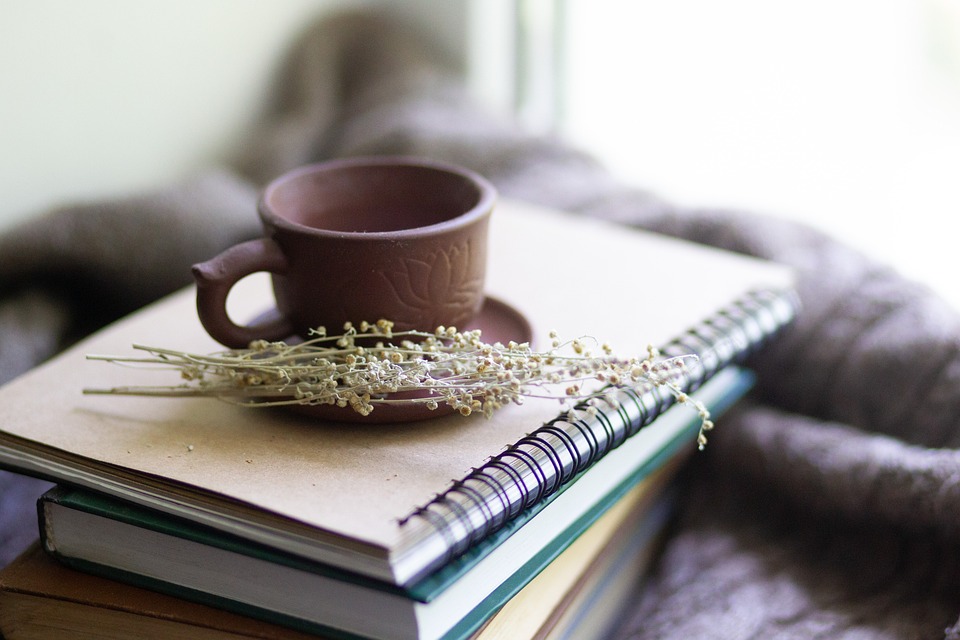Folk Medicine: Healing Traditions from the Past
Folk medicine, also known as traditional or indigenous medicine, is a form of healing that has been practiced by various cultures around the world for centuries. Unlike modern medicine, which relies heavily on pharmaceuticals and scientific research, folk medicine is based on the knowledge and practices passed down through generations. As a result, folk medicine often encompasses a wide range of remedies and techniques that may seem unorthodox to those unfamiliar with traditional healing practices.
The Origins of Folk Medicine
The roots of folk medicine can be traced back to ancient civilizations where healers, shamans, and wise women were revered for their ability to cure ailments using natural remedies and spiritual practices. Throughout history, different cultures developed their own unique systems of folk medicine, incorporating elements of herbalism, energy work, and belief in the connection between mind, body, and spirit.
In many indigenous cultures, healing was seen as a holistic process that addressed not only physical symptoms, but also emotional, mental, and spiritual imbalances. This approach to health and wellness remains a central tenet of folk medicine to this day, with traditional healers often treating the whole person rather than just the symptoms of a specific illness.
Common Practices in Folk Medicine
While the specific remedies and techniques used in folk medicine vary widely depending on the culture and region, there are some common practices that can be found in many traditional healing traditions. These include:
- Herbalism: The use of plants and plant-based remedies to treat various ailments is a cornerstone of folk medicine. Herbalists often have extensive knowledge of local plants and their medicinal properties, and may create tinctures, teas, salves, or poultices to help heal the body.
- Energy Work: Many indigenous healing traditions believe in the existence of a life force energy that flows through all living beings. Practices such as Reiki, acupuncture, and traditional Chinese medicine are based on the idea that balance and harmony within the body’s energy system are essential for good health.
- Rituals and Ceremonies: In many cultures, healing is seen as a sacred process that involves rituals, prayers, and ceremonies to invoke the aid of spirits, ancestors, or deities. These practices are meant to bring about healing on a spiritual level and may involve offerings, purification ceremonies, or symbolic gestures.
The Role of the Healer
In traditional healing traditions, the healer occupies a central role in the healing process. Healers are often regarded as intermediaries between the physical and spiritual worlds, able to access hidden knowledge and power to help restore balance and wellness to their patients. The methods used by healers vary widely, ranging from hands-on healing and energy work to divination and ritual practices.
One common characteristic of traditional healers is their deep connection to the natural world and its rhythms. Many healers draw inspiration from the cycles of nature, using plants, animals, and elements in their healing practices. This connection to the earth is reflected in the belief that all living beings are interconnected and that health and wellness are dependent on maintaining a harmonious relationship with the natural world.
The Future of Folk Medicine
In recent years, there has been a resurgence of interest in folk medicine as people seek alternative approaches to health and wellness. Modern advancements in technology and communication have made it easier for traditional healing practices to be shared and practiced around the world, leading to a growing recognition of the value of folk medicine in complementing conventional medical treatments.
While folk medicine may not always align with the scientific principles of modern medicine, many people find that traditional healing practices offer a unique perspective on health and wellness that addresses the whole person rather than just the physical symptoms of illness. By embracing the wisdom of the past and integrating it with modern knowledge and techniques, we can cultivate a more holistic approach to healing that honors the diverse traditions and cultures that have shaped our understanding of health and wellness.
As we continue to explore the potential of folk medicine in the 21st century, it is important to approach traditional healing practices with respect, openness, and a willingness to learn from those who have preserved these ancient traditions for generations. By honoring the wisdom of the past and incorporating it into our modern lives, we can create a more inclusive and holistic approach to health and wellness that benefits individuals, communities, and the planet as a whole.

Leave a Reply